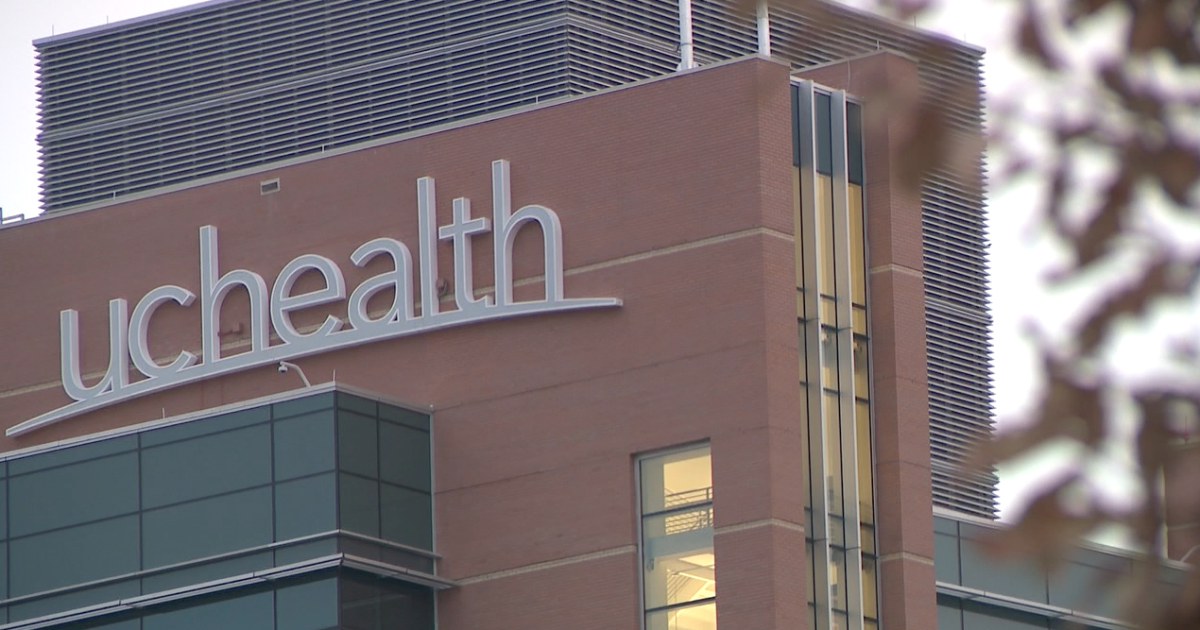The St. Louis County Sheriff’s Office (SLCOS) emphasizes mental health support for its personnel, recognizing the unique challenges faced by first responders. Sheriff Gordon Ramsay highlights the intense experiences that first responders encounter daily, which are often beyond the comprehension of the general public. He states, ‘Over time that does take a toll, and we want to ensure that we are supportive and do everything to keep our staff healthy.’
Commander Wade Rasch, the Peer Team Coordinator at SLCOS, notes that there has been a significant shift in societal attitudes towards mental health support and awareness in recent years. He shares an example of a retired staff member who actively promoted the advantages of therapy and counseling to younger officers, an attitude that was rare two decades ago. Rasch explains, ‘We didn’t talk about that kind of stuff and certainly didn’t advocate for it.’
In response to critical incidents, all involved personnel participate in a structured process of diffusing and debriefing. Diffusing occurs at the end of a shift, where the responding crew meets to discuss their feelings about the incident with a peer facilitator. This allows them to express their immediate reactions before going home. A formal debriefing usually takes place days later, involving all agencies that responded to the incident, including ambulance and fire personnel. This process helps everyone understand their roles and the incident’s overall impact.
Rasch emphasizes the importance of this support, stating that personnel from various divisions—including law enforcement, jail staff, 911 dispatchers, and volunteer rescue squads—are included in these discussions. This ensures that all staff members have access to mental health resources, which may include speaking with peers or clinicians.
Peers are specially trained to engage with their colleagues, and confidentiality is maintained in all conversations. Rasch points out that discussing experiences with someone who has been in a similar situation is often more beneficial than speaking with someone outside the first responder community. He adds, ‘Having something that’s peer-led really adds legitimacy to it. We find that it’s extremely helpful.’
When first responders receive adequate mental health support, they can better serve their communities. Rasch expresses optimism about the progress made in recognizing the importance of mental health within the profession, stating, ‘I think that as an occupation, we’re observing more the importance of mental health response within our own staff. And ultimately, I think that’s going to impact the county and the citizens we serve much better.’
For anyone in need of immediate mental health support, contacting 9-8-8 is recommended.



